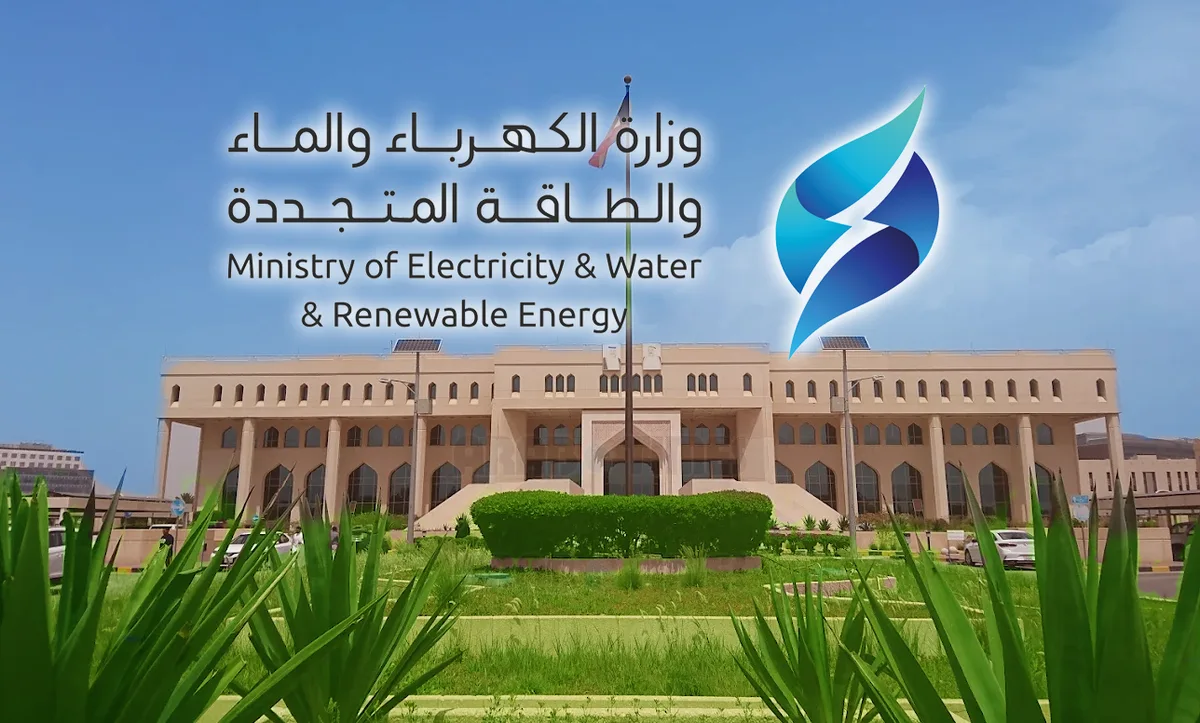04/09/2025
04/09/2025

In an exclusive statement, economic expert Hajjaj Bukhadour revealed he considers transforming the ministry into a public institution and involving the private sector in the provision of electricity and water services, a step that will balance expenditures and revenues and achieve profitability. Bukhadour pointed out that this move will make the State treasury save around KD2.5 billion annually -- the value of government support currently directed towards electricity and water production. He explained that the success of the experiment hinges on the model, which will be adopted in Kuwait, as it ensures the achievement of key objectives, foremost of which are improving services, reducing costs, and generating more job opportunities for nationals. He warned against repeating the negative aspects of some service models, which previously failed to achieve their goals. He underscored the importance of privatization not only for the purpose of empowering the private sector, but also for the benefit of citizens who have become accustomed to consuming large quantities of energy without paying the true cost, as a result of building patterns that consume many times the actual electricity requirement. He emphasized the need for the Secretariat General for Planning and Development to carefully study the issue to ensure the desired goals are achieved.
Al-Seyassah/Arab Times Staff


